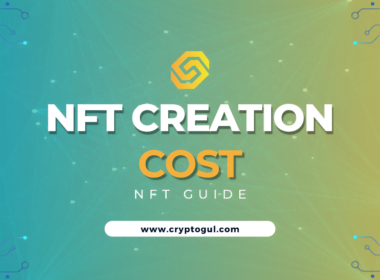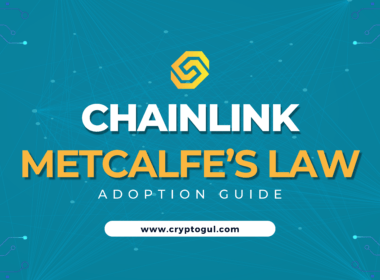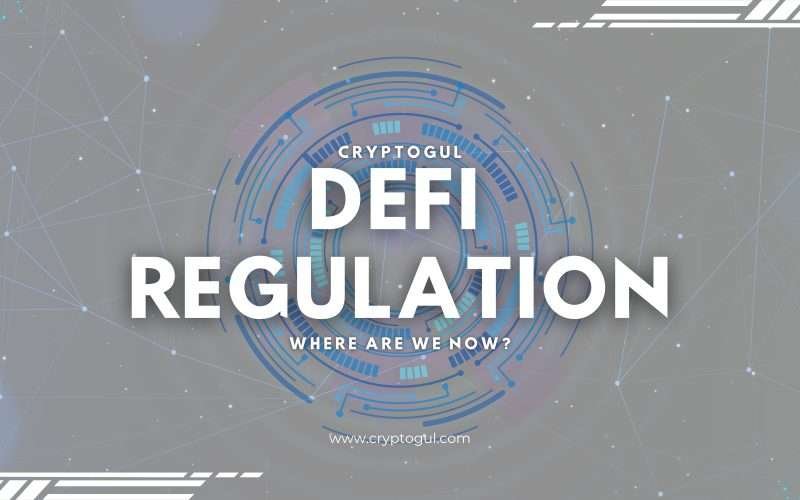Decentralized Finance, commonly known as DeFi, has been a hot topic in the financial world for some time now.
The concept of DeFi regulation has become increasingly important as the sector continues to grow and evolve.
What is Decentralized Finance (DeFi)?
DeFi is a term that broadly refers to virtual asset protocols and services that allow automated peer-to-peer transactions, often through the use of self-executing code known as “smart contracts” based on blockchain technology.
These platforms aim to recreate traditional financial systems, such as banks and insurance, without the need for intermediaries.
The Rise of DeFi
The rise of DeFi has been meteoric, with billions of dollars now locked into various DeFi protocols.
This rapid growth has brought with it a host of regulatory challenges.
The potential for DeFi to disrupt traditional financial systems has caught the attention of regulators worldwide.
Key Components of DeFi
The key components of DeFi include decentralized exchanges, lending and borrowing platforms, prediction markets, and more.
These components operate on blockchain technology, ensuring transparency and security.
The use of smart contracts allows these platforms to operate autonomously, without the need for a central authority.
The Current State of DeFi Regulation
Regulation in the DeFi space is still in its infancy, with regulatory bodies around the world grappling with how to approach this new financial ecosystem. The decentralized and global nature of DeFi presents unique challenges for regulators.
The SEC’s Perspective on DeFi
The SEC has expressed concerns about the potential for manipulation and fraud in the DeFi space.
They have also highlighted the need for DeFi platforms to comply with existing securities laws.
The SEC has been particularly focused on Initial Coin Offerings (ICOs) and other fundraising methods used by DeFi platforms.
The U.S. Department of the Treasury’s Perspective on DeFi
The U.S. Department of the Treasury has conducted the first illicit finance risk assessment on DeFi.
They have identified several risks, including the use of DeFi services by illicit actors to launder funds.
The Treasury has emphasized the need for DeFi platforms to comply with Anti-Money Laundering (AML) and Countering the Financing of Terrorism (CFT) regulations.
Risks and Challenges in DeFi Regulation
Regulating DeFi is not without its challenges. There are several risks and issues that need to be addressed.
Illicit Activities and DeFi
DeFi services are being used by illicit actors, including criminals and scammers, to transfer and launder their illicit proceeds.
This poses a significant challenge for regulators. The anonymous and global nature of DeFi makes it an attractive option for illicit actors.
Compliance with AML/CFT Regulations
Many DeFi services fail to implement anti-money laundering and countering the financing of terrorism (AML/CFT) obligations.
This non-compliance is a major vulnerability that illicit actors exploit.
Regulators are calling for stricter enforcement of AML/CFT regulations in the DeFi space.
Cybersecurity Concerns
Poor cybersecurity controls by DeFi services can enable the theft of funds. This is another area that needs to be addressed by regulators.
The use of smart contracts, while innovative, also presents new cybersecurity risks.
The Future of DeFi Regulation
The future of DeFi regulation will likely involve a combination of strengthening existing regulations and developing new ones to address the unique challengesposed by DeFi.
Strengthening AML/CFT Regulatory Supervision
One of the key recommendations from the U.S. Department of the Treasury is to strengthen U.S. AML/CFT regulatory supervision.
This will help to ensure that DeFi services comply with their AML/CFT obligations.
Guidance for the Private Sector
The Treasury also recommends providing additional guidance for the private sector on DeFi services’ AML/CFT obligations.
This will help DeFi services to better understand and comply with their regulatory obligations.
Addressing Regulatory Gaps
There may be some DeFi services that are out of scope for existing AML/CFT obligations.
Assessing and addressing these regulatory gaps is another important step towards effective DeFi regulation.
Conclusion
Regulating DeFi is a complex and challenging task, but it is crucial for the integrity of the financial system.
As DeFi continues to evolve, so too must the regulatory framework that governs it.
F.A.Q’s
DeFi, or Decentralized Finance, refers to the use of blockchain technology to offer traditional financial services, like lending and borrowing, without the need for intermediaries.
Regulation is important to protect consumers, prevent illegal activities, and ensure the stability of the financial system.
Some of the main challenges include the global and decentralized nature of DeFi, the speed of innovation in the space, and the technical complexity of DeFi protocols.
The Treasury has conducted the first illicit finance risk assessment on DeFi and has identified several risks, including the use of DeFi services by illicit actors to launder funds.
The future of DeFi regulation will likely involve strengthening existing regulations, developing new ones to address unique challenges, and providing guidance to the private sector on their regulatory obligations.








